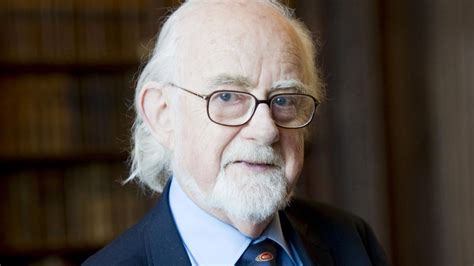A Quote by John Owen
He who finds not opposition from sin, and who sets not himself in every particular to its mortification, is at peace with it, not dying to it.
Quote Topics
Related Quotes
Every subject's duty is the King's; but every subject's soul is his own. Therefore, should every soldier in the wars do as every sick man in his bed, wash every mote out of his conscience; and dying so, death is to him advantage; or not dying, the time was blessedly lost wherein such preparation was gained; and in him that escapes, it were no sin to think that, making God so free an offer, He let him outlive the day to see His greatness and to teach others how they should prepare.
The man who suffers from a sense of sin is suffering from a particular kind of self-love. In all this vast universe the thing that appears to him of most importance is that he himself should be virtuous. It is a grave defect in certain forms of traditional religion that they have encouraged this particular kind of self-absorption.
The vigour, and power, and comfort of our spiritual life depends on the mortification of the deeds of the flesh...The choicest believers, who are assuredly freed from the condemning power of sin, ought yet to make it their business all their days to mortify the indwelling power of sin...Do you mortify; do you make it your daily work; be always at it whilst you live; cease not a day from this work; be killing sin or it will be killing you.
Let us not fear the opposition of men; every great movement in the Church from Paul down to modern times has been criticized on the ground that it promoted scensoriousness and intolerance and disputing. Of course the gospel of Christ, in a world of sin and doubt will cause disputing; and if does not cause disputing and arrouse bitter opposition, that is a fairly sure sign that it is not being faithfully proclaimed.
Sin also carries on its war by entangling the affections and drawing them into an alliance against the mind. Grace may be enthroned in the mind, but if sin controls the affections, it has seized a fort from which it will continually assault the soul. Hence, as we shall see, mortification is chiefly directed to take place upon the affections.































